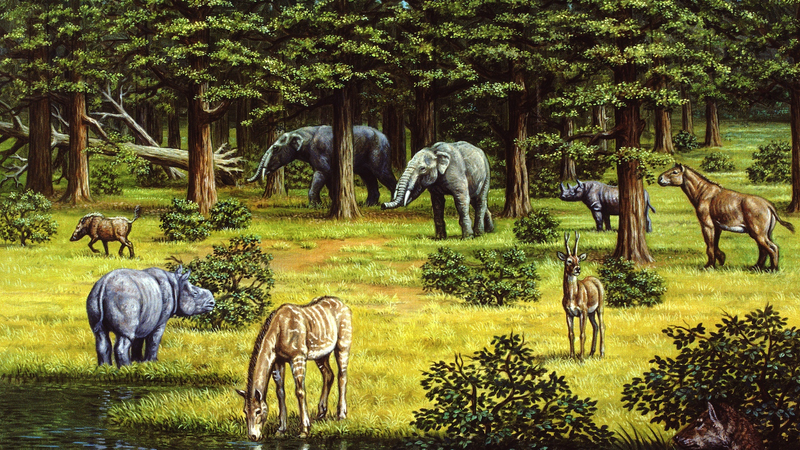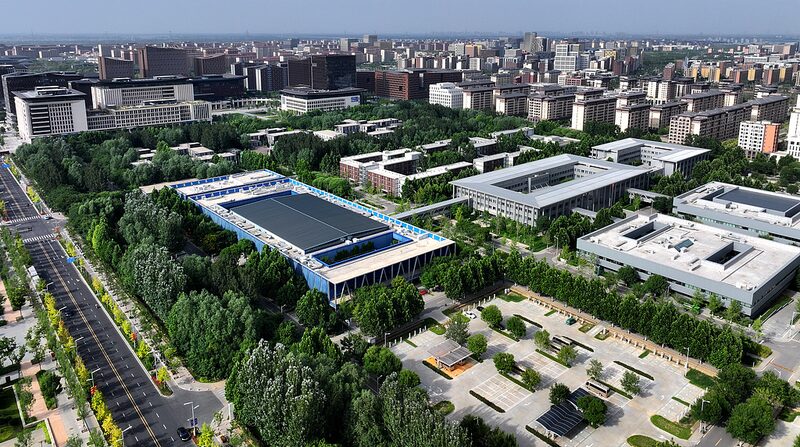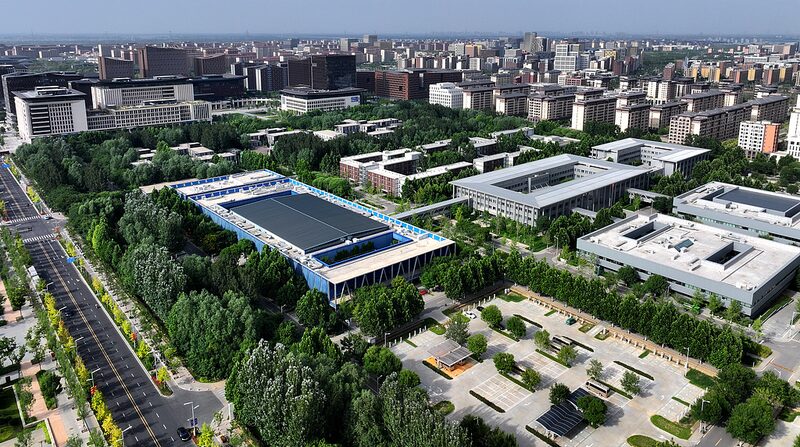A groundbreaking study led by researchers at the Institute of Atmospheric Physics (IAP) of the Chinese Academy of Sciences shows that historical transformations in Earth’s plant life dramatically influenced climate patterns during the late Miocene epoch, 5.3 to 11.6 million years ago. Published in Science Advances, the research highlights how vegetation changes amplified global environmental shifts during this critical geological period.
Key Findings
The study reveals that declining forests and expanding grasslands altered carbon storage cycles and atmospheric conditions, accelerating temperature fluctuations. These changes created feedback loops that intensified regional droughts and impacted monsoon systems across Asia – insights critical for understanding long-term climate dynamics.
Implications for Climate Science
By analyzing fossilized pollen and sediment layers, the team reconstructed how ancient ecosystems interacted with atmospheric changes. “This work bridges a gap in our knowledge of terrestrial feedback mechanisms,” said lead researcher Dr. Li Wei. The findings offer new context for predicting modern climate challenges, especially in Asia, where shifting monsoon patterns affect billions.
Reference(s):
Vegetation changes accelerated climate shifts during late Miocene
cgtn.com








